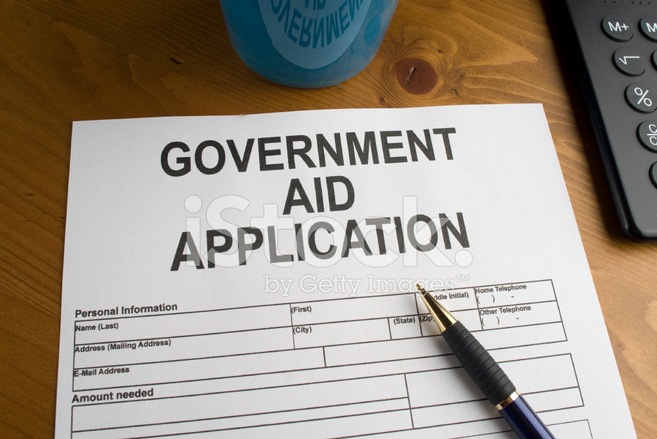RIO DE JANEIRO, BRAZIL – The Ministry of Economy said yesterday, May 12th, that the emergency aid cannot become permanent, so as not to compromise fiscal policy.
“Concerning the news that the emergency aid program could become permanent, the Ministry of Economy states that it has been implementing temporary measures to tackle the impact of the pandemic. Expenditure incurred at this exceptional time should not be converted into a permanent measure, so as not to jeopardize the recovery of public accounts starting in 2021 nor the sustainable trajectory of public debt. The commitment to the spending ceiling lends credibility and promotes investments that create jobs and keep the government from placing any further burden on society,” the note says.

According to the note, the government is currently concerned with preserving lives and economic activity. “By taking exceptional measures, we have been able to help the most vulnerable who have lost their livelihoods.
This crisis, however, provided an opportunity to assess the effectiveness of cash transfer programs and design improvement proposals. Projects for the reactivation of the economy are under study and will be announced in due course,” the Ministry concluded.
On Monday, Carlos da Costa, special secretary of Productivity, Employment and Competitiveness department of the Ministry of Economy, said that the emergency aid monthly payments of R$600 (R$1,200 for single mothers) might be maintained after the end of the pandemic.
According to Costa, the government is discussing whether the emergency aid and other relief measures should last the three months initially planned or whether they should be gradually phased out, in a process of transition to a new economic model.
“We cannot turn the key and turn everything off overnight,” he said, referring to the potential for the benefit to be maintained in the second half of this year.
Source: Agência Brasil

